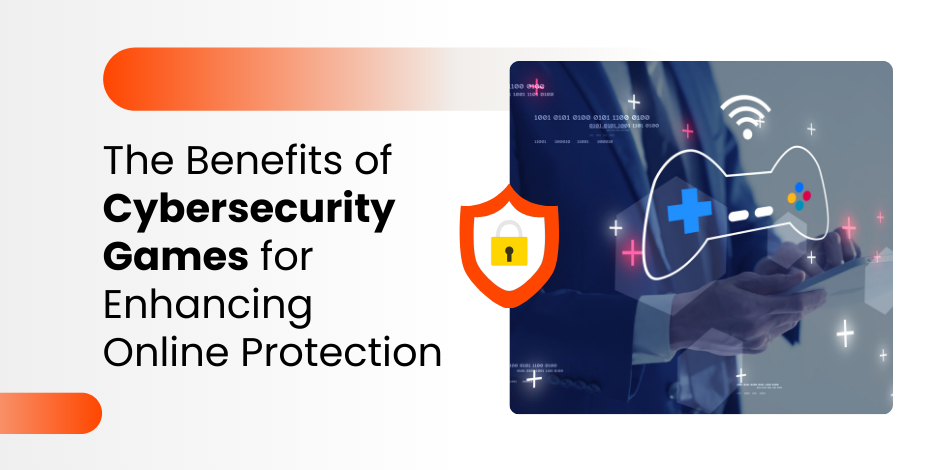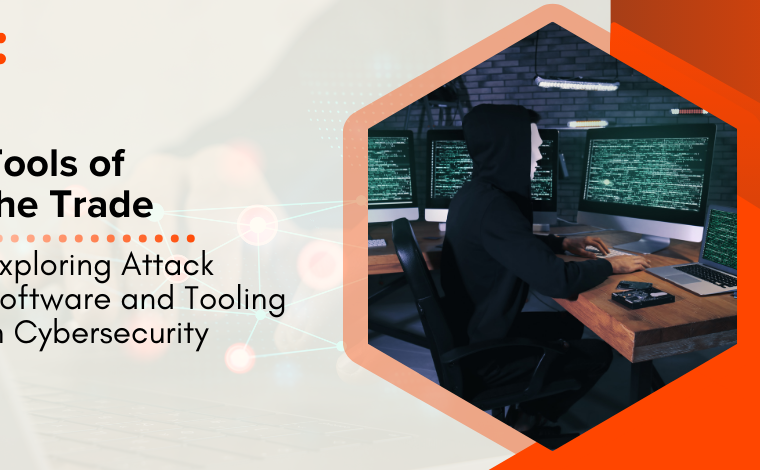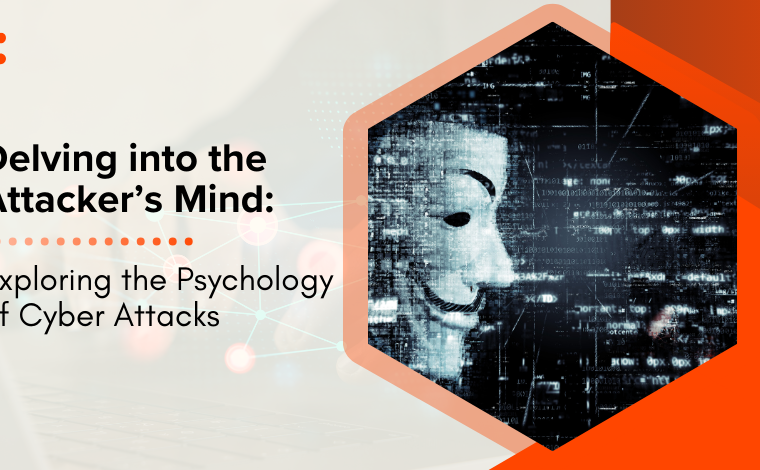The Benefits of Cybersecurity Games for Enhancing Online Protection

Stay Informed With Our Weekly Newsletter
Receive crucial updates on the ever-evolving landscape of technology and innovation.
Cybersecurity has become a critical concern for individuals and organizations in today’s digital age.
With the increasing frequency and sophistication of online threats, it is imperative to understand the importance of cybersecurity and take proactive measures to protect ourselves and our digital assets.
One effective way to enhance our online protection is through cybersecurity games.
These interactive and educational games make learning about cybersecurity fun and provide practical application of essential principles.
Understanding the importance of cybersecurity

The growing reliance on technology has made us more vulnerable to cyber-attacks.
From personal information theft to financial fraud and data breaches, the consequences of not prioritizing cybersecurity can be devastating.
Cybersecurity protects computers, servers, networks, and data from unauthorized access, use, disclosure, disruption, modification, or destruction.
By understanding the importance of cybersecurity and its potential impact, individuals and organizations can take appropriate measures to mitigate risks and ensure a safer online environment.
The growing need for online protection
In today’s interconnected world, the need for online protection has become more critical than ever before.
Rapid technological advancements have brought numerous benefits but have also created new opportunities for cybercriminals.
Online threats, such as malware, ransomware, phishing attacks, and social engineering, continue to evolve and pose significant risks to individuals and businesses.
As technology becomes integral to daily life, securing our digital presence is paramount to safeguarding our personal information, financial assets, and intellectual property.
How cybersecurity games can help
Traditional methods of teaching cybersecurity principles can be dry and abstract, making it challenging for individuals to grasp the concepts effectively.
This is where games come into play.
These interactive and engaging games provide a practical learning experience, enabling users to understand and apply cybersecurity principles in a fun and accessible manner.
By actively participating in simulated scenarios, users can develop valuable skills, learn how to identify and respond to threats, and make informed decisions to enhance their online protection.
Exploring different types of cybersecurity games

Cybersecurity games come in various forms, each designed to accommodate different learning styles and levels of complexity.
Let’s explore three types of cybersecurity games that can help improve your understanding and proficiency in online protection.
Puzzle-based cybersecurity games
Puzzle-based games present players with complex challenges and puzzles that require them to use problem-solving skills to overcome obstacles.
These games often focus on critical thinking, logic, and analytical reasoning, providing an immersive experience that tests users’ ability to identify vulnerabilities, analyze code, and discover hidden threats.
By solving puzzles within the context of cybersecurity, players can develop their technical skills and enhance their ability to identify and mitigate potential risks.
Strategy-focused cybersecurity games
Strategy-focused games simulate real-world scenarios and require players to make strategic decisions to protect their virtual assets.
These games often involve managing resources, developing security protocols, and implementing countermeasures.
By engaging in strategic planning and decision-making, players can gain a deeper understanding of the challenges faced by cybersecurity professionals and develop practical skills that can be applied in real-world situations.
Role-playing cybersecurity games
Role-playing games enable players to assume the role of a cybersecurity professional and experience the daily challenges and responsibilities associated with the job.
These games typically involve scenarios where players must investigate cybercrimes, identify vulnerabilities, and strengthen network defenses.
By immersing themselves in a simulated environment, players can gain practical knowledge, improve their problem-solving skills, and develop a comprehensive understanding of the various aspects of cybersecurity.
Benefits of using cybersecurity games for learning

Using games for learning offers numerous benefits that can significantly enhance the effectiveness of educational programs.
Let’s consider some advantages of incorporating these games into cybersecurity training.
Making learning about cybersecurity fun
Traditional teaching methods often need to capture the attention and interest of learners. Cybersecurity games provide an enjoyable and interactive learning experience that can increase engagement and motivation.
By gamifying the learning process, individuals are more likely to actively participate, retain information, and apply acquired knowledge effectively.
The enjoyment associated with cybersecurity games also helps create a positive learning environment, fostering a deeper understanding and long-term retention of essential principles.
Practical application of cybersecurity principles
Cybersecurity games provide a hands-on approach to learning, allowing users to apply theoretical concepts in a practical setting.
By actively participating in simulated scenarios, individuals can learn how to identify vulnerabilities, analyze risks, and make informed decisions to protect their digital assets.
This practical application of cybersecurity principles enhances the learning experience, as it enables users to understand the real-life implications of their actions and develop critical thinking skills necessary for effective cybersecurity management.
Building a strong foundation in cybersecurity
Cybersecurity games offer a comprehensive and structured learning experience that helps individuals build a strong foundation in cybersecurity.
Users can incrementally develop their knowledge and skills by progressing through multiple levels and challenges, ensuring a thorough understanding of fundamental concepts.
These games often cover a wide range of topics, including network security, cryptography, incident response, and risk assessment, providing users with a well-rounded education in cybersecurity.
Tips for choosing the right cybersecurity game
With the abundance of cybersecurity games available in the market, choosing the right game can be daunting.
To help you make an informed decision, consider the following tips when selecting a cybersecurity game for learning.
Considering your learning style
Everyone has a different learning style, so choosing a cybersecurity game that aligns with your preferences is important.
If you enjoy problem-solving and critical thinking, puzzle-based games may be ideal.
For those who prefer strategic planning and decision-making, strategy-focused games offer a more immersive experience.
If you thrive on practical applications and role-playing scenarios, consider opting for role-playing games that provide a hands-on approach to learning cybersecurity principles.
Assessing the game’s educational value
When selecting a cybersecurity game, it is crucial to assess its educational value.
Look for games developed in collaboration with cybersecurity experts and professionals.
These games are more likely to provide accurate and up-to-date information, ensuring you receive a comprehensive education in cybersecurity.
Additionally, consider the game’s curriculum, challenges, and learning objectives.
A well-designed game should cover a wide range of topics and provide a progressive learning experience that builds upon previous knowledge.
Checking the game’s reviews and ratings
Before committing to a cybersecurity game, take the time to read reviews and check ratings from other users.
This will give you an insight into the game’s quality, effectiveness, and user experience.
Look for games that have positive reviews and high ratings, as this indicates that the game is well-received and has provided value to other users.
Additionally, consider seeking recommendations from trusted sources, such as cybersecurity professionals, educators, or online communities dedicated to cybersecurity learning.
Conclusion
Cybersecurity games offer a unique and engaging approach to learning about online protection.
By actively participating in interactive simulations, individuals can develop practical skills, strengthen their understanding of cybersecurity principles, and enhance their ability to protect themselves and their digital assets.
Whether you prefer puzzle-based games, strategy-focused games, or role-playing games, a cybersecurity game is available to suit your learning style and objectives.
Want to learn more?
If you’re interested in pursuing a career in cybersecurity, you may want to explore Institute of Data’s 3-month full-time or 6-month part-time Bootcamps.
We’ll help you nurture your passion and develop the skills required to protect vital digital assets and combat cyber threats.
To find out more about our programs led by industry professionals, you can download a Cybersecurity Course Outline.




